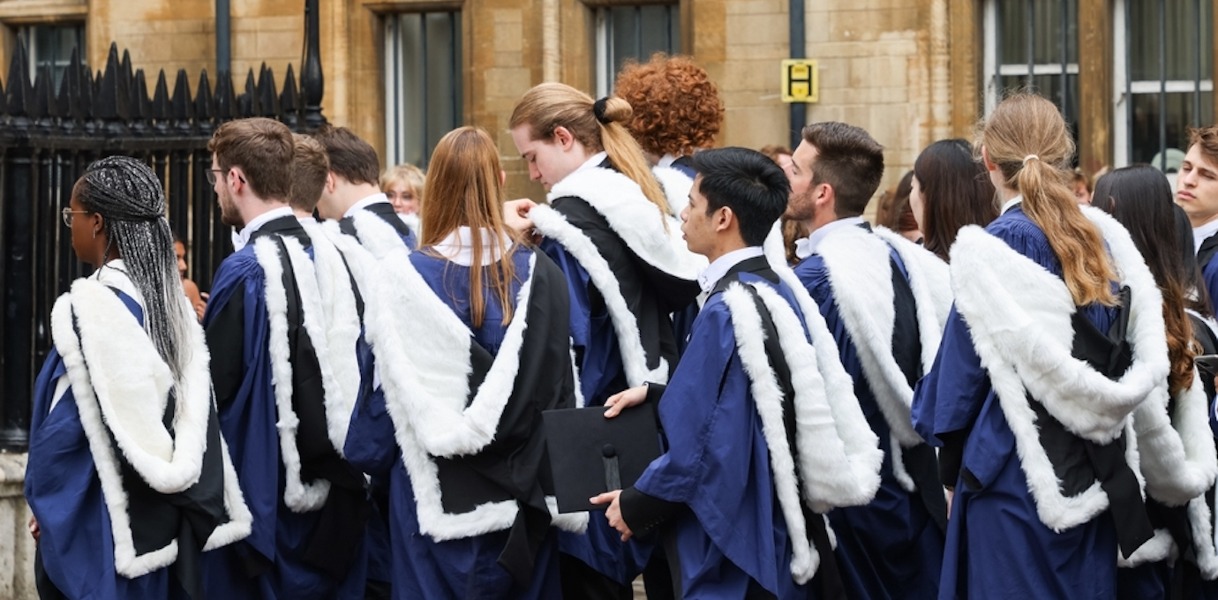Founder of the leading global tutoring firm, Adam Caller, made a statement this week, voicing his concern that boundaries were blurring for students seeking expert private tutors in addition to scheduled lectures.
Tutors International recently took the decision to withdraw a job listing from its website, following concerns raised by a university that the degree of additional academic support desired by the prospective client could, potentially, put them in breach of its Student Agreement. The firm's founder, Adam Caller, took it as an opportunity to address the role of private university tutors for students studying at degree level, and what constitutes a fair level of additional academic support, inside and out of the lecture theatre.
Mr Caller commented: "At the time of publishing, we felt satisfied that it did not contravene any university policy - if we had any doubts, we would not have accepted the listing - but, upon speaking to the client and learning of the institution's concerns, we took the decision to withdraw the vacancy. The job specification in question required the tutor to be deeply involved in the student's daily learning, including producing additional learning materials and being present in lectures for note-taking. On the surface of it, this may imply an unfair advantage over other students, or even a risk of plagiarism. With further consideration, however, it really isn't that black and white, and deserves an intelligent discussion."
The job specification in question would have required the tutor to be deeply involved in the student's daily learning, including producing additional learning materials and being present in some lectures for note-taking.
More typical private tutoring models for university students take place outside of the student's full-time academic timetable, either one-to-one in person, or face-to-face communication via a digital platform such as Skype.
The tutors that Tutors International provides are highly qualified and hand-picked for each client, and assist their students by reviewing study materials, identifying and addressing areas or topics where the student may be experiencing challenges, and teaching good study habits.
Mr Caller went on to discuss other instances where a higher level of support may be condoned by institutions:
"Where we start to see a blur is where additional provision is made in the lecture hall for students with special educational needs, raising the far broader question of what is fair help for students who have genuine impediments to their studies? Blind students, for example, often have readers to help them access materials, and the university provides reduced content, and dyslexic students may be given written notes because they be unable to write quickly. If tutoring were to become frowned upon by universities, shouldn't we also be monitoring student study groups and preventing them from sharing notes with one another? These are commonplace activities, and many students benefit massively from sharing their private study time with others. I see no issue in students seeking support for their studies from among their peers, lecturers or elsewhere."
Tutors International prides itself on its professionalism, and its commitment to providing exceptional private tutors, expertly matched to the individual needs of each client. The firm takes due diligence and ethical considerations very seriously, on a case by case basis.
To find out more about Tutors International, the services it provides, visit www.tutors-international.com. To read Adam Caller's statement in full, see the post on Adam Caller's blog.

